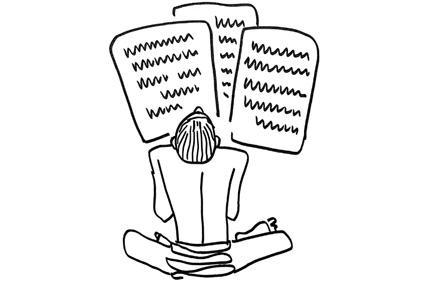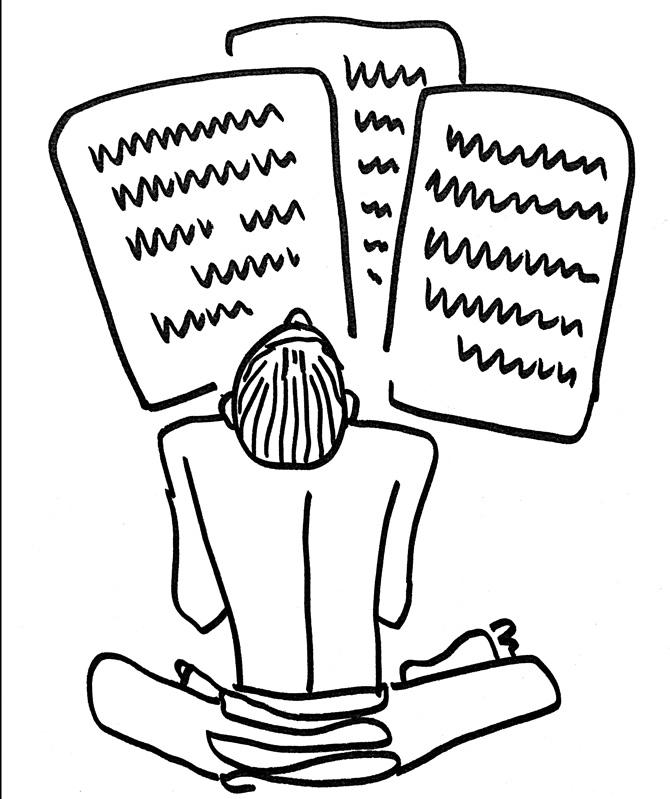This week saw the Kashish LGBTQ film festival in Mumbai. Just a few days earlier, a journalist asked me why is it important to have LGBT film festivals...

lesbians on Independence Day
 This week saw the Kashish LGBTQ film festival in Mumbai. Just a few days earlier, a journalist asked me why is it important to have LGBT film festivals and why was it important to have books on LGBT history, mythology and fiction. As I gave my answer, I realised how important stories are to us. For example, we have no story of gay and lesbian and transgender freedom fighters. Do they exist? Were they recorded? Were they edited out? Does it matter? It does, to gay and lesbian and transgender people, for stories validate identity. It makes them part of collective memory. And prevents ‘educated’ people claiming that certain choices, desires and behaviours were never part of our tradition and culture, simply because other ‘educated’ people in the past blocked their transmission in order to manipulate culture towards their narrow vision.
This week saw the Kashish LGBTQ film festival in Mumbai. Just a few days earlier, a journalist asked me why is it important to have LGBT film festivals and why was it important to have books on LGBT history, mythology and fiction. As I gave my answer, I realised how important stories are to us. For example, we have no story of gay and lesbian and transgender freedom fighters. Do they exist? Were they recorded? Were they edited out? Does it matter? It does, to gay and lesbian and transgender people, for stories validate identity. It makes them part of collective memory. And prevents ‘educated’ people claiming that certain choices, desires and behaviours were never part of our tradition and culture, simply because other ‘educated’ people in the past blocked their transmission in order to manipulate culture towards their narrow vision.
Are stories real? This is a very difficult question to answer. For stories are of different kinds. There are fantasies, which is nobody’s truth. There are myths, which is some people’s truth, which capture the subjective truth of a people and conveys conceptual realities like justice, rebirth and heaven. There are legends, based on people’s memory that valorise heroes by glamorising their deeds.
ADVERTISEMENT
 Illustration / Devdutt Pattanaik
Illustration / Devdutt Pattanaik
There are parables and fables, used to communicate ideology and prescriptions. Then there is history: story based on available facts that can be measured and proven; when more facts become available, history changes.
Among the first Bengali books to be printed in 1801 was Rajaboli, by Mrityunjaya Vidyalankar, which tells the story of warriors and kings and battles since the Kurukshetra to Plassey. It mentions Hindus, Muslims and British. It does not refer to soldiers in caste terms. Most importantly, it does not refer to any Maurya, Gupta or Buddhist characters we are now familiar with, because none of these historical figures had been discovered then! What is interesting is that many of the characters mentioned in that book are no longer mentioned in history textbooks today, dismissed as hearsay not fact. Point to note is that Mahabharata and Ramayana were significant then and they continue to be significant now. No one refuses to acknowledge it as part of Indian memory. Whether they should be classified as histories, myths, legends or parables remains a matter of passionate debate.
Indian sages were always wary of history. They knew how stories change over time, how politics distorts facts, how even judges and scientists are hardly objective, and how imagined narratives are far more important in shaping civilisation than facts. So they valued subjective truth over objective truth. This was seen as a sign of inferiority of the natives by the European Orientalists of the 18th century. In a reactionary response, Indian nationalists since then have tried to prove that Indian mythology is actually history, and that poetry needs to be taken literally. But as recent media and troll wars reveal: cult followers and fans, around the world, see glamorous hagiographies of their beloved leaders and gurus as authentic critical scientific biographies, while everything written against them as mere propaganda. So fact, at least in human matters, is not as important as we think.
Maybe there was a lesbian freedom fighter. Maybe she participated in civil disobedience movements and met her lady lover when both were shouting, ‘Simon Go back!’ Maybe we know her name. But we do not know if she was a lesbian for that was one story of her life she was too afraid to share.
The author writes and lectures on relevance of mythology in modern times, and can be reached at devdutt@devdutt.com
The views expressed in this column are the individual’s and don’t represent those of the paper.
 Subscribe today by clicking the link and stay updated with the latest news!" Click here!
Subscribe today by clicking the link and stay updated with the latest news!" Click here!







